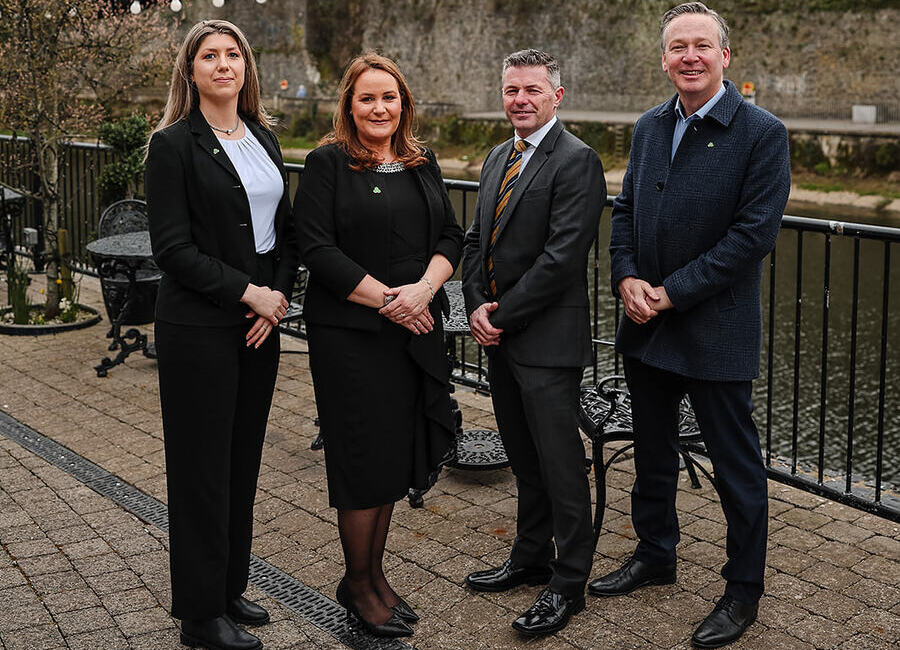The EY Global Integrity Report found that 90% of Irish organisations have measures in place to promote integrity and ethical behaviour, with 80% noting they either occasionally or frequently hear their management speaking about the importance of behaving with integrity.
Corporate integrity standards have become a point of focus for Irish organisations, with 80% of respondents to an EY Ireland survey claiming standards of behaviour expected from management have increased significantly.
However, just 54% of bodies have a code of conduct for employees on how they should behave in business, while only 44% provide regular training relevant to legal, regulatory and professional requirements, and less than a third (30%) provide ethics and integrity training.
"While further progress on individual measures is needed to promote integrity and ethical behaviours in Irish organisations, this should also be seen as an opportunity," Julie Fenton, EY Ireland global operations leader for forensic and integrity services, said.
"Taking steps now to address perceived gaps will help businesses meet rising customer, employee, and societal expectations, thereby enhancing their reputation, protecting their brand, and building long-term sustainable value."
Some 84% of respondents believe the Irish public has higher expectations than before when it comes to how people behave at work, but there is some evidence that employees can become disconnected from their organisation's culture and fall into poor working habits when working remotely.
"Irish organisations have had to rethink their operations, their business models and how their people work. They now need to apply the same innovation capacity to rethink their compliance models and risk management processes," Fenton said.

The pandemic has also accelerated digitisation, but a quarter of Irish respondents knew little or nothing about policies on using personal devices for work purposes in their organisation, which may present an issue when it comes to leaking or theft of data in remote environments.
The survey found that 10% of Irish companies that responded had experienced what they described as a significant fraud during the past 18 months. A total of 50 interviews were conducted in Ireland between June and September for the survey.
"Organisations need to treat the heightened regulation of data along with the growth in the volume of data held as an opportunity to tackle fraud rather than a threat to their business. They can use their data to uncover irregular or potentially fraudulent behaviour very quickly," Fenton added.
Meanwhile, two-thirds (66%) of respondents in Ireland agreed that compliance is always considered when making important decisions within their organisations, with processes to monitor and enforce behaviours and standards only going so far.
Fenton concluded: "Successful compliance programmes are no ‘one size fits all’; they are cognisant of the cultures and business environment where activities take place.
"A progressive integrity agenda goes beyond frameworks and policy – businesses must look beyond box-ticking and focus on creating an integrity culture at all levels within their organisations. Leaders should be under no illusion that integrity is an easy fix. However, the first step is setting the right tone from the top."
(Pic: Getty Images)











